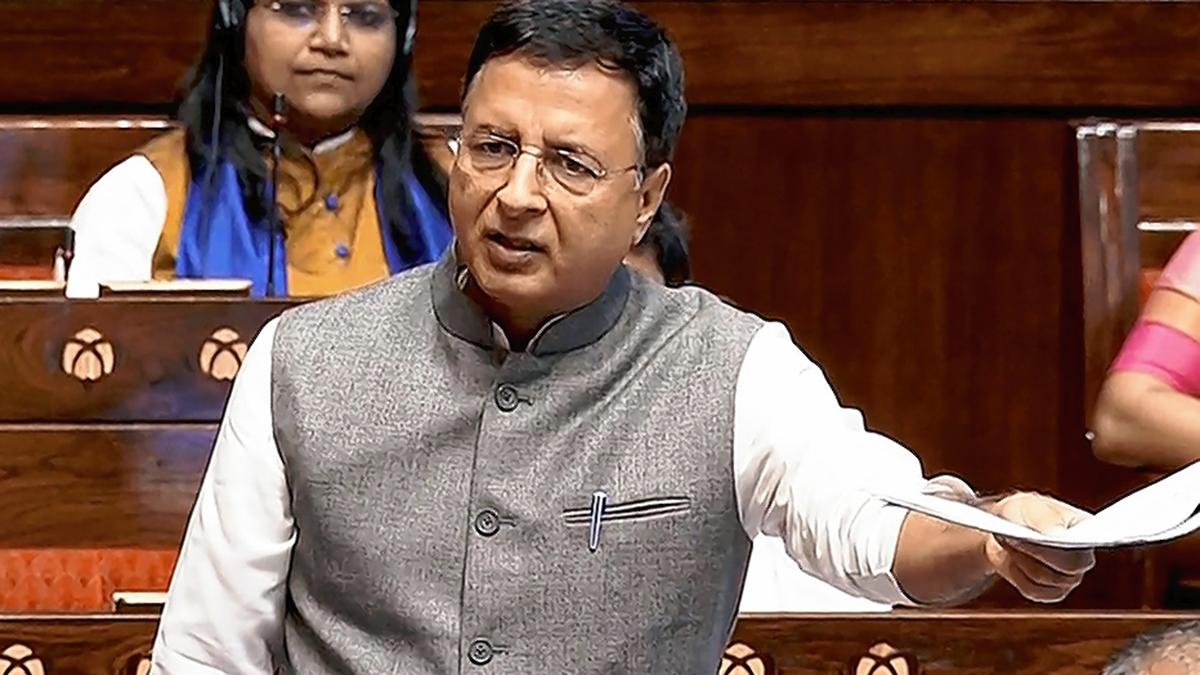Pegasus Spyware Scandal: A Deep Dive into the U.S. Court Ruling and its Implications for India
The recent U.S. court ruling against the NSO Group, the Israeli creators of the infamous Pegasus spyware, has sent shockwaves around the globe. This bombshell verdict not only holds NSO accountable for its actions but also reignites the controversy surrounding the alleged targeting of hundreds of Indian WhatsApp users. This article delves into the details of the case, examines its implications for India, and explores the ongoing debate surrounding surveillance, privacy, and accountability.
The U.S. Court Ruling: A Victory for Privacy?
A U.S. District Judge ruled in favor of WhatsApp, a Meta Platforms subsidiary, in a lawsuit against NSO Group. The lawsuit claimed NSO exploited a vulnerability in WhatsApp to deploy its powerful Pegasus spyware for unauthorized surveillance. This ruling is being hailed as a victory for privacy advocates worldwide, particularly as the court found NSO Group liable for hacking and breach of contract. The case will now proceed to the trial determining damages, indicating that the financial consequences for NSO will likely be substantial. This judgment has been met with enthusiasm by Meta. Will Cathcart, head of WhatsApp, declared the ruling a “victory for privacy,” emphasizing their long fight to bring the company to justice for unlawfully accessing user information.
The Stakes for Privacy and National Security
The outcome raises critical questions about the ethical and legal implications of powerful spyware technology. NSO contended its spyware is solely employed by government agencies for combating crime and bolstering national security. However, this decision throws NSO's defense into serious question and has set a vital precedent globally regarding the legal liability and accountability of similar surveillance technologies. The judge’s verdict strongly suggests that claims of state immunity or national security are insufficient to justify unauthorized surveillance and invasion of privacy.
India in the Crosshairs: The Allegations of Illegal Surveillance
The implications of the U.S. court’s ruling ripple most significantly into India where Congress leader Randeep Surjewala points to the fact that approximately 300 Indian WhatsApp numbers were allegedly targeted through the Pegasus spyware racket. Surjewala’s pointed questions to the government—identifying who amongst Union Ministers, Opposition leaders, Constitutional authorities, journalists, and businesspeople were among the targeted individuals—demand accountability and highlight the need for thorough investigation and disclosure.
The Demand for Transparency and Accountability
Surjewala further escalated the issue by directly addressing the Supreme Court of India. His requests—to release the technical expert report submitted on Pegasus spyware, launch further inquiries in light of the U.S. court's findings, and facilitate Meta's submission of the identities of targeted Indians—reveal an increasing push towards complete transparency regarding government’s use of spyware.
The Global Impact: The Need for Stronger Regulations
This case has prompted global concerns surrounding surveillance technologies and privacy. The widespread adoption of surveillance technologies has created an alarming ethical and legal dilemma, specifically for government agencies. The use of Pegasus against journalists, dissidents, and human rights activists—as alleged in the lawsuit—highlights the technology’s potential for abuse.
The Need for International Collaboration and Law Reform
Governments across the globe now face the need for swift and substantial regulation. The international collaboration is vital for creating universally acknowledged and strictly enforceable rules concerning the ethical development, sale, and utilization of this invasive surveillance technology. Failure to introduce significant global legal frameworks leaves nations vulnerable to both domestic abuse of surveillance capabilities and serious national security risks.
Moving Forward: What are the Next Steps?
The future course of action depends significantly on how the Indian government and the Supreme Court respond. Will the information be released? How will it affect future legal decisions concerning digital privacy and national security?
The Ongoing Battle for Privacy
The Pegasus Spyware scandal illustrates the growing struggle for digital privacy, highlighting the need for strong protections against unauthorized government surveillance. International cooperation, stringent regulatory action, and transparent government processes are absolutely critical for striking a balance between national security and individual rights in an increasingly digitally connected world.
Take Away Points
- The U.S. court ruling against NSO Group is a significant victory for privacy rights.
- The ruling shines a spotlight on the alleged targeting of 300 Indian WhatsApp numbers by Pegasus spyware.
- The case underscores the need for stricter global regulations regarding surveillance technology.
- Transparency and accountability are crucial in ensuring ethical use of such technologies.
- The fight for digital privacy is an ongoing battle that demands global attention and collective effort.




